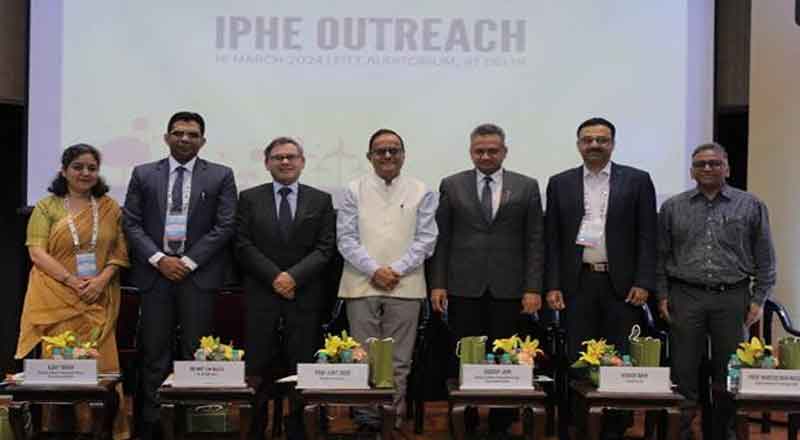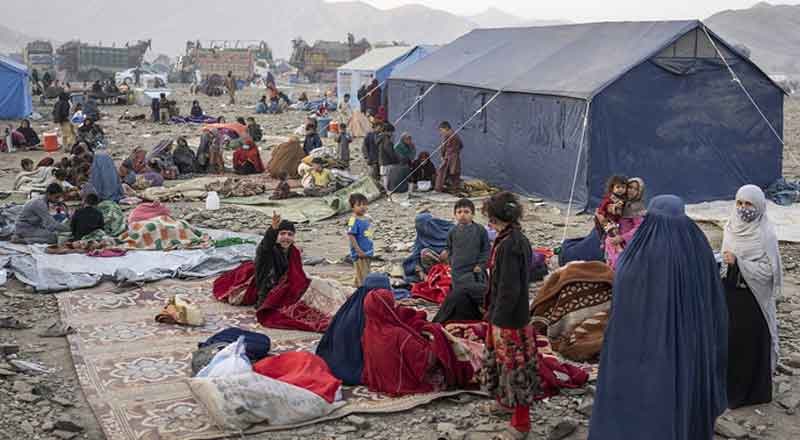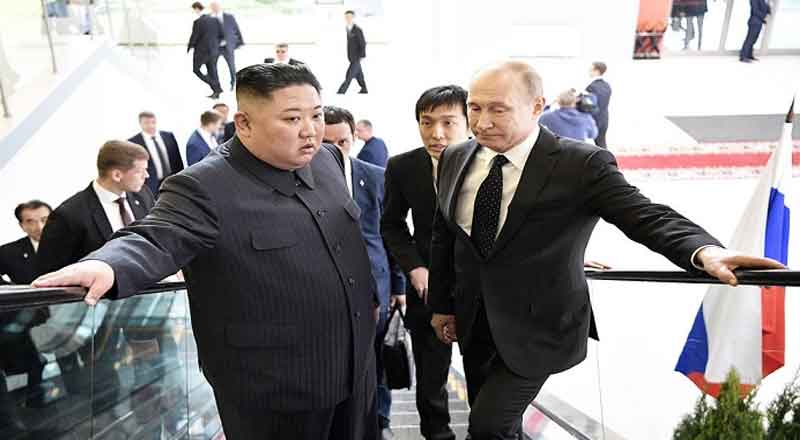In a chat with SPO India, Mr. Bimal Dayal, Chief Executive Officer, Indus Towers discussed about the company’s journey with regards to sustainibility initiatives, biodiversity impacts, vision on sustainability and CSR initiatives. He also spoke about the environmental issue that are generated from the telecom fixed infrastructure
Could you trace the journey of Indus Towers with regards to Sustainability initiatives? How do you try to align the corporate strategy with that of Sustainability?
As India’s largest telecom infrastructure company, we feel that it is our responsibility to transparently talk about our sustainability initiatives with our stakeholders. From our inception in 2007, Indus Towers has taken on the challenge of adopting principles of sustainability across its operations. The transformational impact of our operations on the telecommunications industry makes it all the more important for us to see our business through the sustainability lens.
We touch the lives of more than six hundred million people multiple times a day. Touching such a huge base of population, and living up to our commitment of ‘Putting India First’, the sustainability objective of the organization becomes an important aspect. Our commitment to continuously innovate and enhance operational efficiencies has resulted in uninterrupted service delivery and substantial cost savings for our customers. We believe that this helps us showcase our focus and perspective on the importance that sustainability holds within each and every function of this company, be it CSR, customer servicing or enabling our employees.
What are your key sustainability metrics?
At Indus Towers, our key sustainability performance metrics include:
• Enabling Communication, our business
• Pursuing excellence in everything we do
• Customer Centricity
• Partnering for success
• Managing our environmental footprint
• Our people
• Safety at the workplace
• Being part of our communities
• Good governance
How do you set improvement goals in these areas?
All the sustainability goals are related to one or the other key departments at Indus. These goals are driven by the business need and are set during the annual business planning exercise. These goals are linked to our vision and overall annual business goals and are decided in collaboration with respective functions. Their progress and corresponding performance is tracked through-out the year.
What are the biodiversity impacts?
Protecting the environment is one of our core values and reflects our commitment to be socially responsible and deliver our services in an environmentally friendly manner. We are actively taking measures to achieve the Carbon Footprint reduction roadmap and have always been a frontrunner in promoting greener alternatives through ‘Green Sites’. According to the second edition of our Sustainability Report for FY2014-15, the company had a total of 40,505 (2015-16 – 50,461) green sites with 13,064 (2015-16 –41,484) sites converted from indoor to outdoor.
• Diesel saved in the last FY2014-15 – 18 Mnsltrs
• Energy cost savings in in Mar’16 w.r.t. Mar’15 – 7.68%
• Diesel saved in the last 4 years – 147.37 lts
• Energy cost savings in the last 5 years – 48% w.r.t. FY 09-10 by Jan-16
How do you use an integrated management system to make sustainability a key component in how you operate your business rather than having it work as a peripheral activity?
At Indus Towers, we are a driven entrepreneurial and innovative organisation committed towards growing our business in a sustainable manner, while remaining accountable to all our stakeholders. Our ExCITE (Excellence, Customer, Integrity, Teamwork, Environment) values define the way we work and the way we maintain relationships with all our stakeholders. Our values ensure that we deliver best-in class, reliable and high quality services to our customers, conduct our business with the utmost integrity, encourage innovation and collaboration across functions, protect the environment, and be socially responsible.
What are your thoughts and vision on Sustainability & CSR programs as it appears to be like in India today?
There has been a significant shift in the interplay between various stakeholders – organisations, society and the environment. The stakeholder expectation from organisations has completely transformed – leading companies are expected to not only manage sustainability impacts within their operations but also to look at their entire value chain – upstream and downstream. Also, the issues of transparency and accountability have gained paramount importance even in the context of sustainability, especially with the public. Regulatory environment with respect to sustainability related disclosure requirements are constantly changing. We feel that we cannot work for sustainability without help from the people and community around.
Can you list some of your activities and initiatives under your CSR programs?
Our core values drive sustainability across our business and serve as a guiding tool for ingraining sustainability in our day-today operations. Be it our numerous initiatives for managing energy at our towers, our corporate social responsibility programme or our massive drive to up-skill our on-site workforce, sustainability is a part of everything we do.
Indus has a 5-year partnership with TERI to sponsor clean energy and rural entrepreneurship through the Lighting a Billion Lives Program (LaBL) that reaches over 165,000 people across 660 villages in India. Our other initiatives include Adoption of abandoned children (thru SOS), Promoting education (thru Bharti Foundation), Providing scholarships (thru AWOOF), Self-learning environment (thru Pratham) & setting up digital learning centers (thru DEF).
Have you faced any challenges during the implementation of social projects? If yes, what recommendation you want to give to improve the implementation process and also the quality of Social Service practices.
Energy Management – Significant increase in mobile data usage and the advent of high-speed networks exerts tremendous load on power consumption leading to higher costs for customers and greater environmental impact
Waste Management – The expansion in the telecom industry will exacerbate the issues related to waste generation and subsequent management
Compliance – Setting up passive telecom infrastructure entails different site acquisition procedures and clearances/permits from multiple stakeholders depending on the state in which the site is located
Skill upgradation of field staff – Deploying field staff who effectively adopt new technologies and engage with customers and landlords to provide high-quality services
Community Management – With growing footprint, the responsibility towards the communities will increase
Radiation emitted by fixed infrastructure used in mobile telephony has not only been proved to be hazardous but it has also come under the scanner of several environmental bodies. How do you face such a challenge without putting the environment at risk?
Some sections of people are misinformed and raising unnecessary alarm on Electro Magnetic Field (EMF) Radiation from towers, which is an unsubstantiated issue, which has been misunderstood and propagated with insufficient scientific evidence. We at Indus Towers are conscious of any social impact due to our business. We are engaging with several sections of society including the intellectuals to understand and identify the truths/facts and to take adequate measures to establish the correct scientific basis of these myths.
Moreover, Indus provides passive infrastructure which has no role in EMF and operators who are installing BTSs are adhering to certification norms as prescribed by DoT for this purpose.
We are constantly working on creating a greener, cleaner India building Green sites across the country. With over 50,000 green sites in 15 circles, Indus Towers is today associated with a greener India throughout the industry.
What is going to be your vision for 2016 in terms of CSR & Sustainability?
Indus Towers is all set for sustainable growth in its business and play a vital role in enabling India’s communications revolution. We will continue to play a big role in the government’s focus areas relevant to our line of work such as, smart cities. We feel that we are uniquely positioned to lend our expertise and solutions for actualising such a visionary programme. Our innovative solutions have gone a long way in managing ours as well as our customers’ environmental impact. Our unfettered focus on managing our energy consumption will continue to create greater cost efficiencies for our customers as we progress towards our goal of having more than 50% of our portfolio made up of green sites. With our increased focus on innovative offerings such as zero footprint towers and institutional site acquisitions, we will continue to serve the growing needs of our customers. We acknowledge the significant correlation between customer and landlord satisfaction. Our skilled field engineers are and will continue to invest in training and developing our ground force. As a responsible corporation, we will continue to expand our existing CSR footprint to generate wider benefits for more beneficiaries.
As an eight-year old organisation, we feel that our journey has just begun. From a start-up to becoming India’s largest telecom tower company – we have always seen ourselves as an organisation whose success directly contributes to nation-building.
What is your message to the community and to the people?
A robust telecommunication infrastructure is a precursor to a country’s sustained socio-economic growth, with benefits permeating across sectors, citizens and geographies.
Indus’ vision of transforming lives by enabling communication is helping build an unfettered and resilient paradigm for a networked economy in India. Every day, we contribute towards enabling wider access, offer affordable services, thrust the wireless communication sector towards greater heights, and realise Government of India’s tele-density goals.
From a start-up to becoming the world’s largest telecom tower company till recently (2015) – we have always seen ourselves as an organisation whose success directly contributes to nation-building. We will continue to play a big role in the government’s focus areas relevant to our line of work such as smart cities.
Indus Towers acknowledges the magnitude of social challenges in our country. We are continuously looking for ways to impact lives not just through our core operations but also through effective CSR initiatives. We consider our community to be an important stakeholder. We feel it is our responsibility to work towards their well-being and make them a part of our growth story. Through our well-managed, structured and targeted CSR initiatives, we hope to trigger long-term sustained benefits for the communities we work for.




